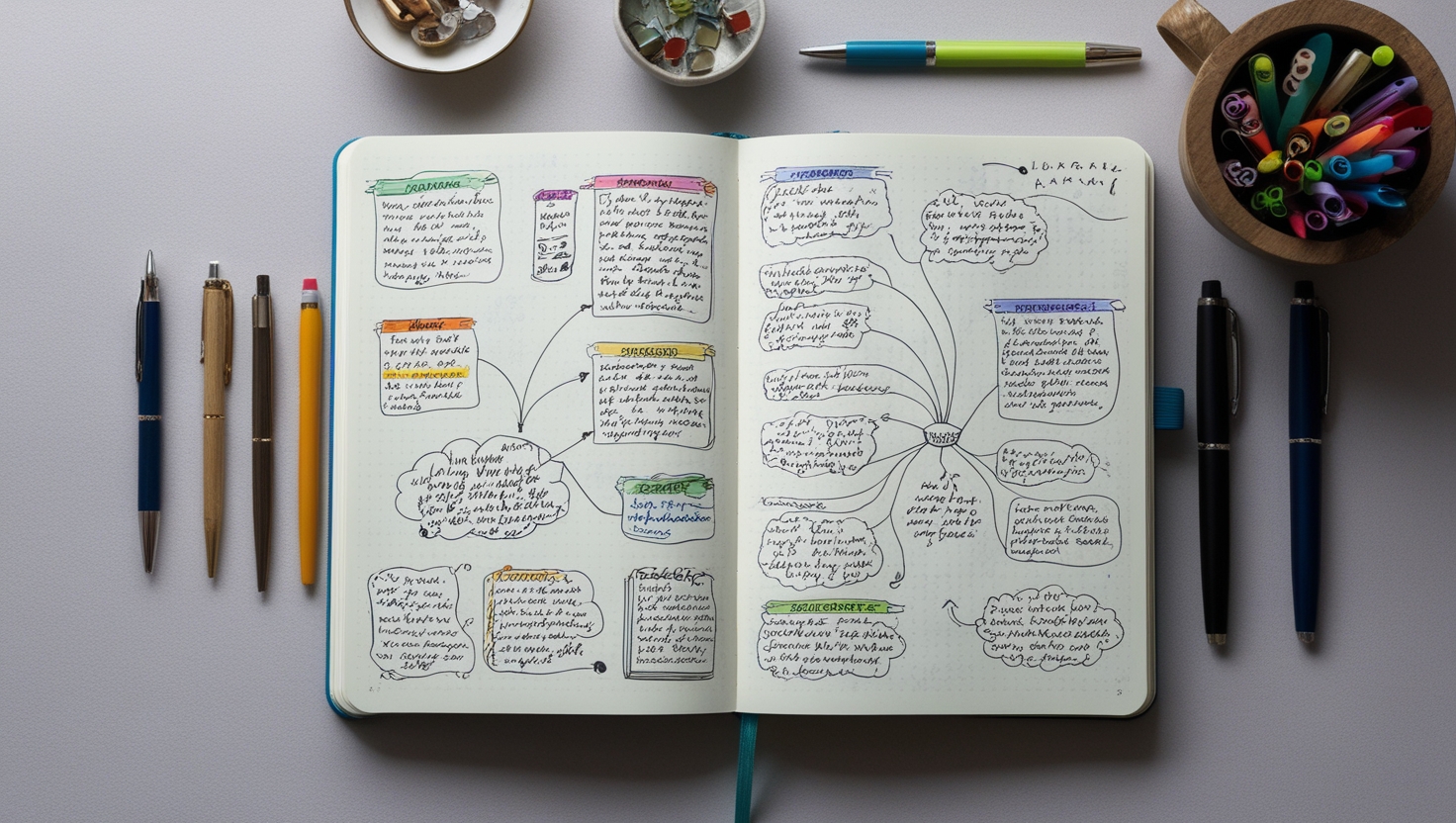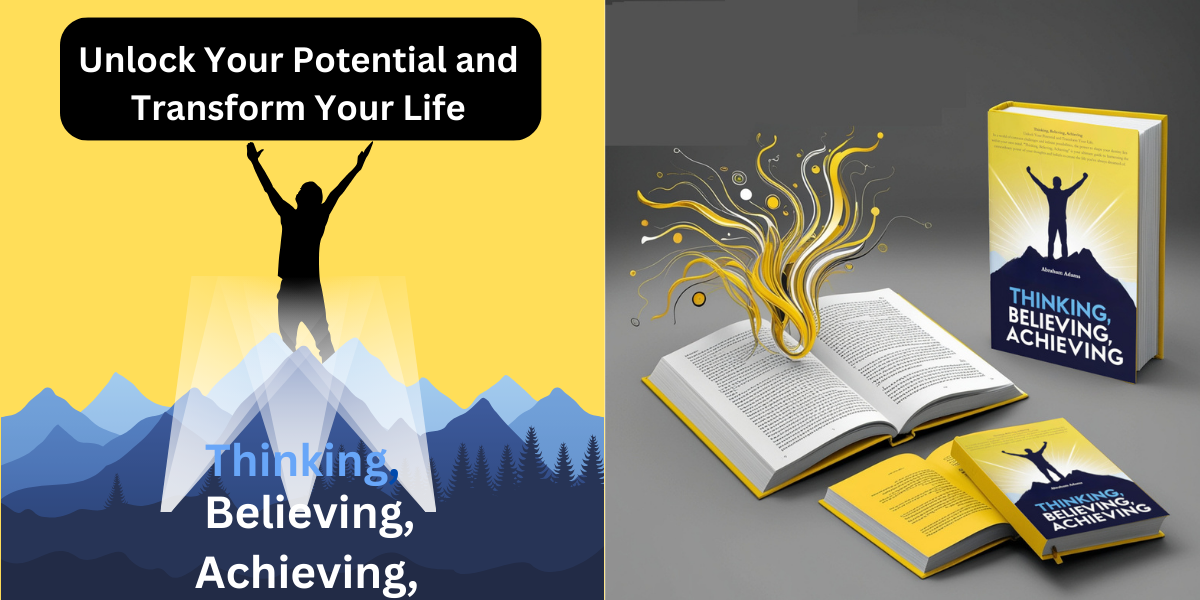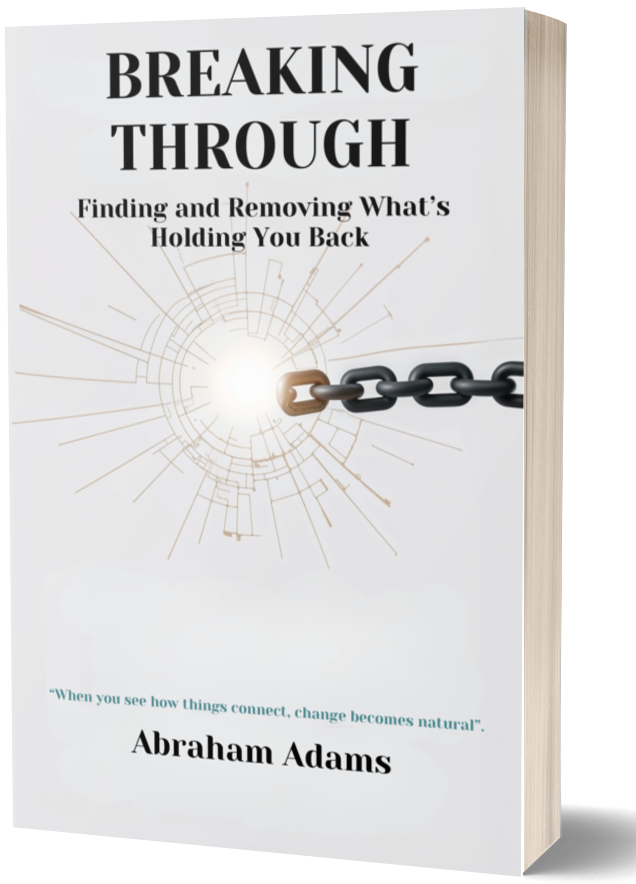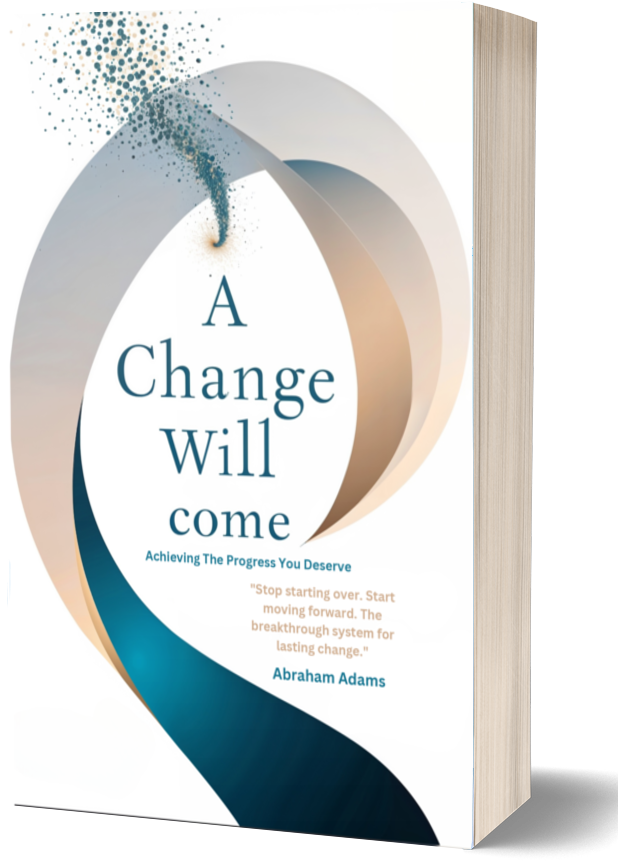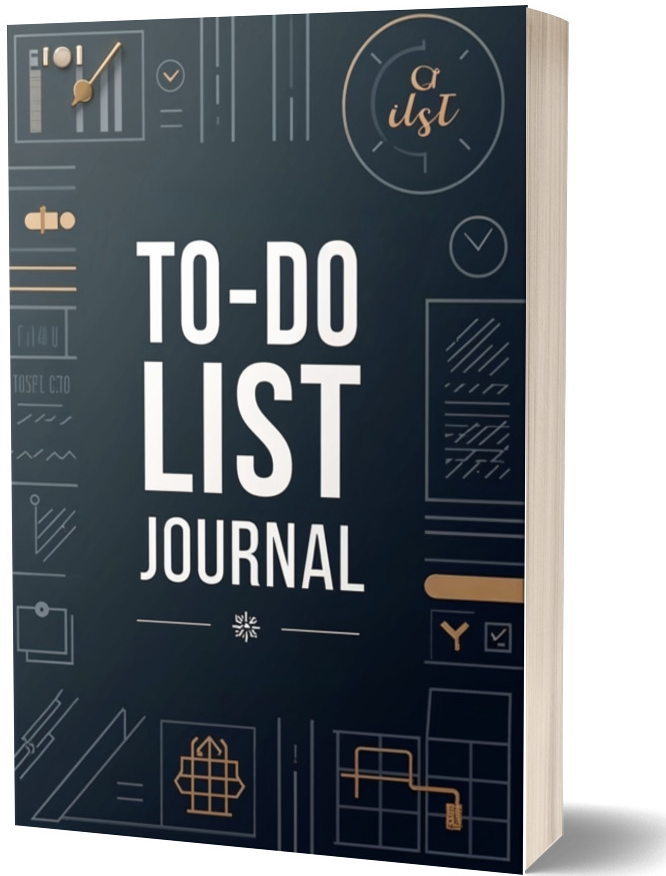Self-Compassion: The Foundation of Inner Strength
In a world that often emphasizes perfection and relentless achievement, it’s easy to become overly critical of ourselves. We set high standards, chase lofty goals, and punish ourselves for any perceived shortcomings. But what if the key to resilience and true inner strength lies not in self-criticism, but in self-compassion?
Self-compassion—the act of treating yourself with kindness and understanding in moments of difficulty—is a powerful tool for fostering emotional well-being, resilience, and inner peace. This article explores the importance of self-compassion and how you can cultivate it in your life.
---
What is Self-Compassion?
Self-compassion, as defined by psychologist Dr. Kristin Neff, involves three core components:
1. **Self-Kindness vs. Self-Judgment**: Treating yourself with the same kindness and care that you would offer a close friend, rather than being harshly critical.
2. **Common Humanity vs. Isolation**: Recognizing that struggle and imperfection are universal human experiences, helping you feel less alone in your challenges.
3. **Mindfulness vs. Over-Identification**: Being present with your emotions without letting them overwhelm you or define your identity.
Self-compassion is not self-pity or self-indulgence. It’s about acknowledging your feelings and offering yourself grace, even when you stumble.
---
The Benefits of Self-Compassion
1. **Increased Resilience**
Self-compassion provides a safe emotional foundation, allowing you to bounce back from setbacks with greater ease. By treating yourself kindly, you build the strength to face life’s challenges without fear of failure.
2. **Improved Mental Health**
Studies show that self-compassion reduces symptoms of anxiety, depression, and stress. It fosters a sense of emotional balance, helping you manage negative thoughts and feelings more effectively.
3. **Enhanced Relationships**
When you practice self-compassion, you’re more likely to extend compassion to others. This creates deeper, more empathetic connections in your personal and professional relationships.
4. **Greater Motivation**
Contrary to the belief that self-criticism drives success, research reveals that self-compassion promotes intrinsic motivation. When you support yourself through mistakes, you’re more willing to take risks and pursue goals.
5. **Reduced Burnout**
Self-compassion acts as a buffer against burnout by encouraging you to rest, recharge, and prioritize self-care without guilt.
---
How to Cultivate Self-Compassion
1. **Practice Self-Kindness**
- Replace self-critical thoughts with kind and supportive ones.
- Use affirmations like, “I am doing the best I can,” or “It’s okay to make mistakes.”
2. **Acknowledge Your Humanity**
- Remind yourself that everyone experiences struggles and setbacks.
- Reflect on shared human experiences to feel connected rather than isolated.
3. **Engage in Mindful Reflection**
- Take a moment to observe your emotions without judgment.
- Label your feelings (“I feel disappointed”) and allow yourself to experience them without resistance.
4. **Set Healthy Boundaries**
- Protect your time and energy by saying no to unnecessary demands.
- Prioritize self-care as an essential part of maintaining balance and well-being.
5. **Write a Self-Compassion Letter**
- Write a letter to yourself as if you were comforting a dear friend. Express empathy, understanding, and encouragement.
6. **Seek Support**
- Share your feelings with trusted friends or a therapist. Speaking openly about your challenges can normalize your experiences and reinforce compassion.
---
Misconceptions About Self-Compassion
1. **It’s Not Weakness**
Self-compassion is not about avoiding accountability. It’s about facing challenges with kindness, which requires immense courage and strength.
2. **It’s Not Self-Indulgence**
Being compassionate toward yourself doesn’t mean neglecting growth or discipline. Instead, it creates a supportive foundation for personal improvement.
3. **It’s Not Selfish**
When you practice self-compassion, you’re better equipped to support others. A well-cared-for person can give more generously to those around them.
---
Conclusion
Self-compassion is the foundation of inner strength. By treating yourself with kindness, embracing your humanity, and practicing mindfulness, you can build resilience, improve your mental health, and live a more fulfilling life.
Remember, self-compassion is a skill that takes practice. Start small, be patient with yourself, and watch as this simple yet profound mindset transforms your relationship with yourself and the world around you.
- Audio Articles
- Audio Articles 1
- Audio Articles 2
- Audio Articles 3
- Audio Articles 4

7 Daily Disciplines That Transform Your Life
The power to act with intention, to align your actions with your values, and to move steadily toward a life of purpose—even on days you don't feel like it.
Read Full Article
How to Build Unbreakable Discipline
Discipline is built—habit by habit, choice by choice, day by day. And the most powerful kind? The kind that doesn’t crack under pressure. The kind that becomes part of who you are.
Read Full Article
Why Motivation Fails And Discipline Wins Every Time
We all love the feeling of motivation—that surge of energy, that rush of inspiration that makes everything seem possible. But here’s the problem: motivation is unreliable. It’s emotional. It comes and goes. And if your goals rely on you “feeling like it,” you’re already in trouble.
Read Full Article
Discipline Over Desire
Desire is loud. It burns bright, talks fast, and loves to dream. But desire alone doesn't achieve much. Every person has desires. Very few have the discipline to bring them to life.
Read Full Article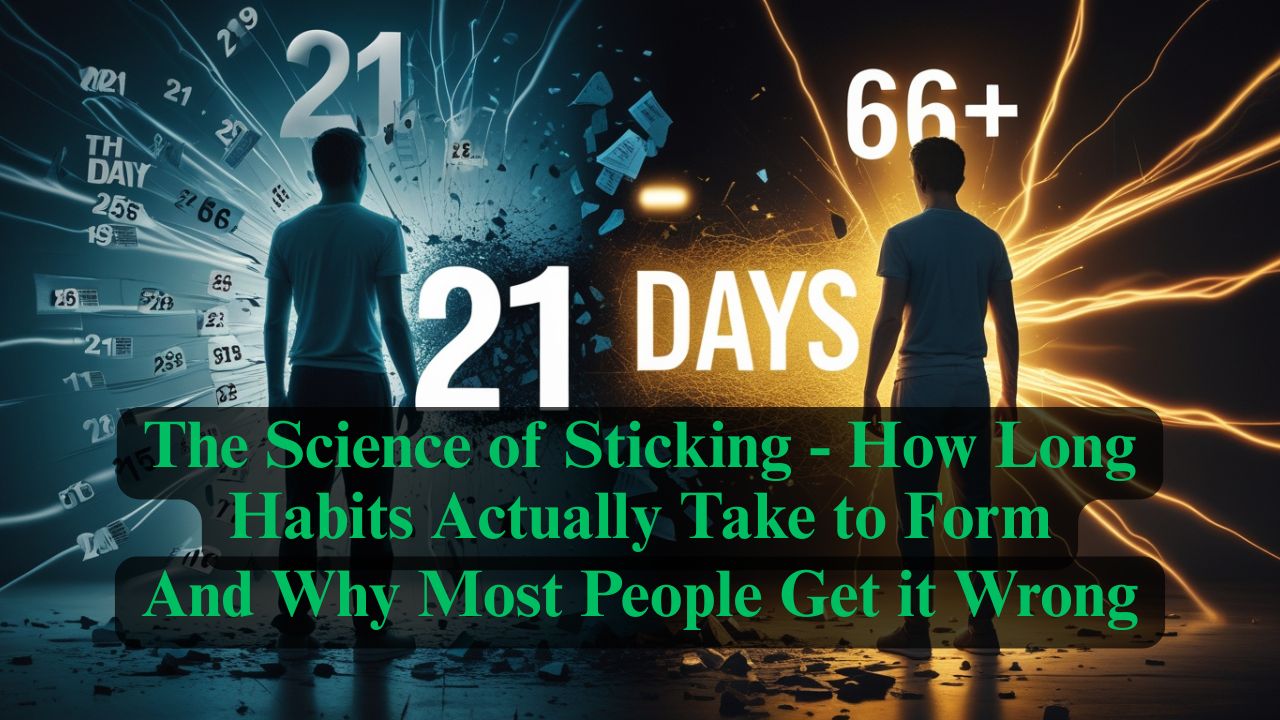
The Science of Sticking
If you've ever tried to build a new habit, you've probably heard that it takes 21 days. This number gets thrown around so often that it feels like scientific fact.
Read Full Article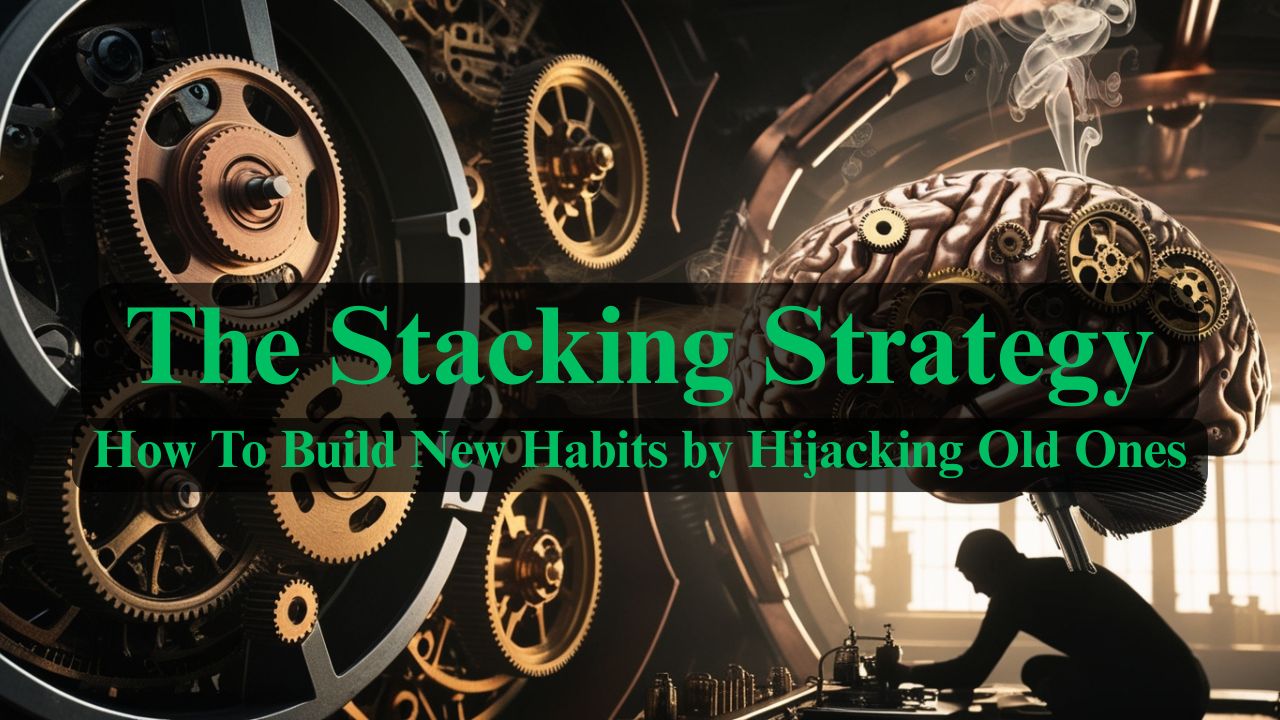
The Stacking Strategy
What if I told you that the habits you already have—even the ones you consider "bad"—could become the secret weapons for building the habits you want?
Read Full Article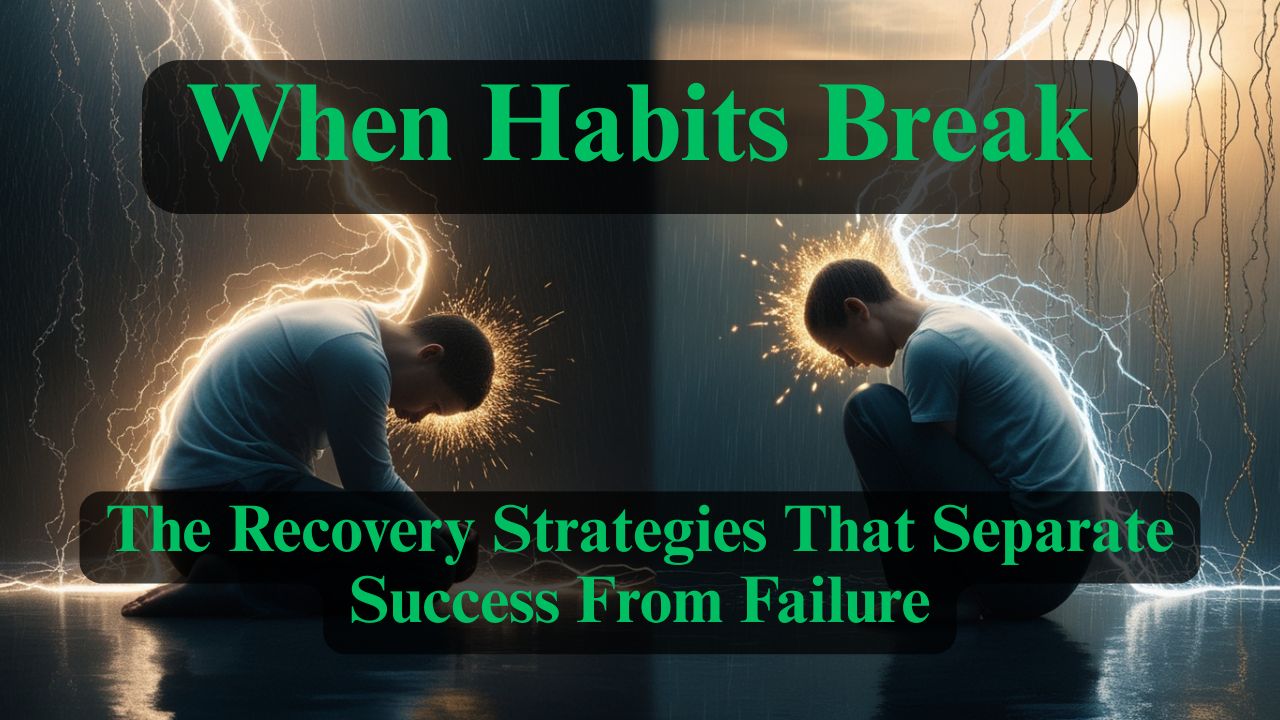
When Habits Fail - The Recovery Strategies That Separate Success From Failure
Here's what nobody tells you about building habits: you will fail. You'll miss days. You'll fall off track. You'll have weeks where everything falls apart.
Read Full Article
The Ultimate System - Designing a Life Where Good Habits Are Inevitable
You've learned to recognize habits, understand their formation timeline, stack them strategically, and recover from setbacks.
Read Full Article
